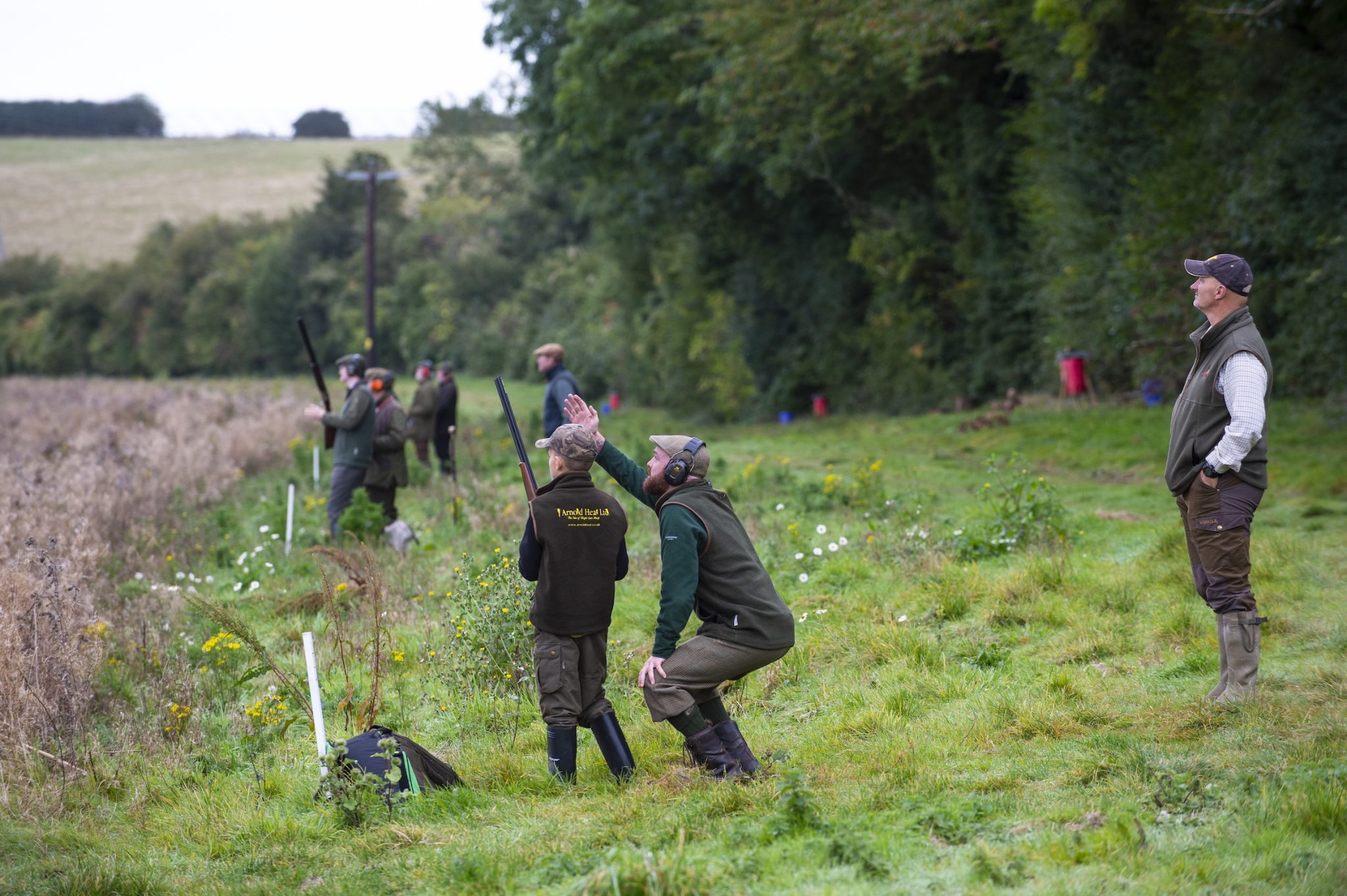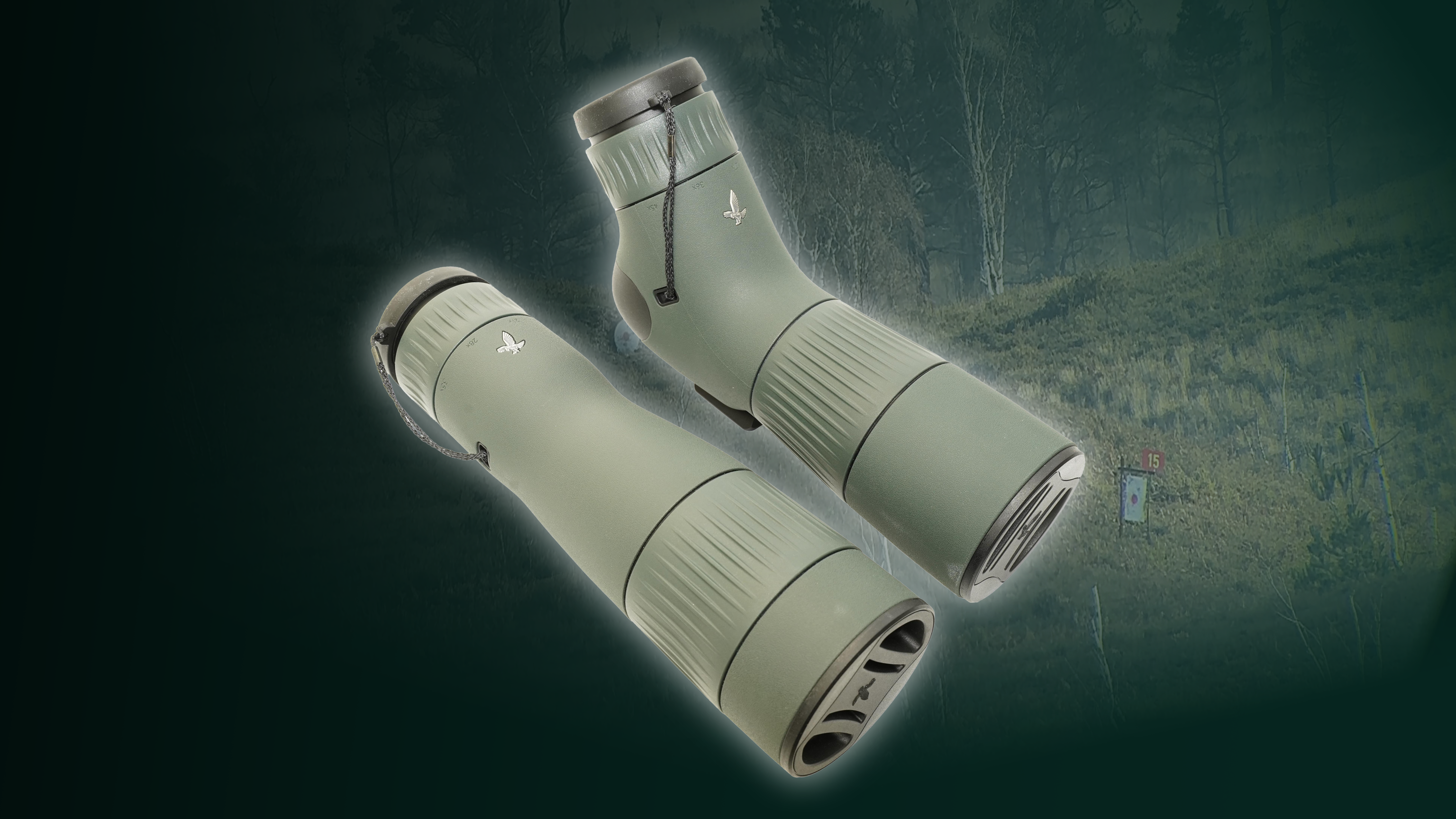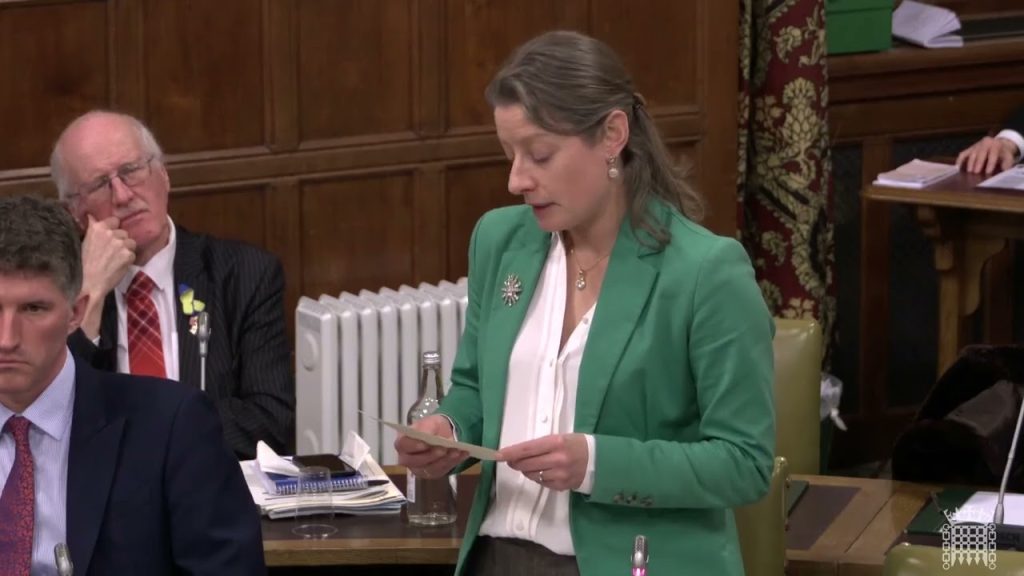The countdown is on for The British Shooting Show – book tickets online today and save on gate price!
How will the result of the General Election affect the countryside and rural issues?
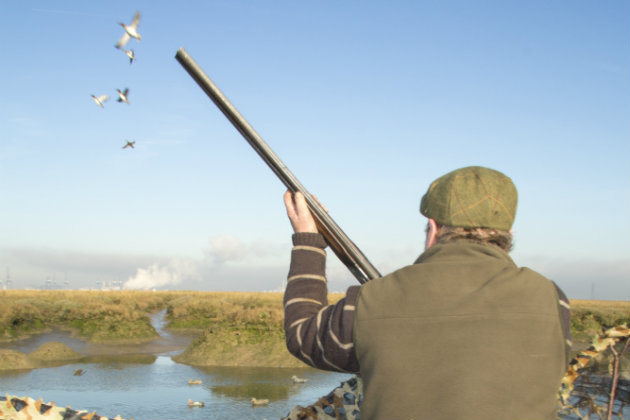
I’d like to throw Jeremy Corbyn,” began one landowner and keen Shot who wished to remain nameless, “…off a cliff.”
By the time you read this, the General Election will be just a week away. And thank goodness — even
a short campaign can drag, not least for those working behind the scenes.
But as ever, Shooting Times is asking the important question: what will the election mean for the countryside?
Election manifestos only ever have limited scope for rural issues. But this year, with Brexit negotiations looming, DEFRA is higher up the list of priorities than normal. “In the Brexit debate agriculture features pretty highly and I think people recognise that we need to get a satisfactory solution for it,” says one Tory election candidate. As such, the Conservatives have pledged to “commit the same cash total in funds for farm support until the end of the Parliament”, a first step to devising a replacement for the Common Agricultural Policy (CAP).
They also hint at what Labour goes on to promise — the reinstatement of the Seasonal Agricultural Workers Scheme — and, unsurprisingly, pledge to “grant a free vote, on a government bill in government time, to give Parliament the opportunity to decide the future of the Hunting Act”. Labour’s position on this remains the same: “Labour ended fox hunting, deer hunting and hare coursing. Only a Labour Government will maintain the bans.”
Promises, promises
Labour also promises to introduce a “rural-proofing” process “so that all our laws, policies and programmes consider their impact on rural communities”. The Liberal Democrats’ focus is on digital communications, with a promise to “ensure that every property in the UK is provided, by 2022, with a superfast broadband connection”.
The CLA has declared much of this good news. The guarantee of agricultural subsidies until 2022 is a step in the right direction for everyone, according to president Ross Murray, who says: “This is much-welcomed reassurance from the Conservatives that if they are returned to power they will provide farmers and rural businesses with the certainty they need to plan for the future as the UK exits the European Union.”
Christopher Price, the CLA’s director of policy, praises Labour’s commitment to reintroduce a Seasonal Agricultural Workers Scheme. “This reflects what we have called for since the referendum.”
The broadband pledge is also welcome. “It is a positive sign of the engagement there is across the political parties with many of the priorities we have set out, not just in this election but over the past few years,” he says.
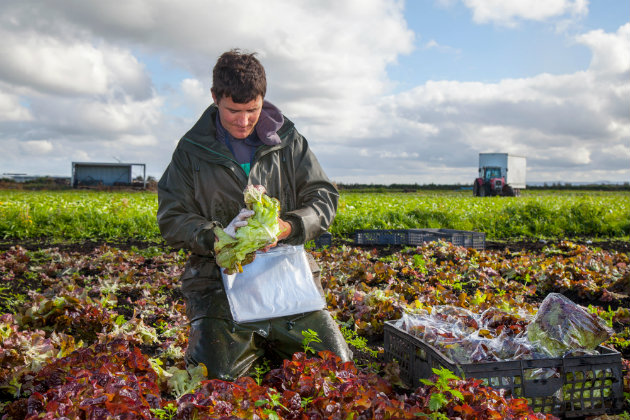
Labour has promised to reinstate the Seasonal Agricultural Workers Scheme, a popular policy
The Countryside Alliance’s rural manifesto contains a similar mix of policies: “make Brexit work for the countryside”; “buy British by supporting our farmers and producers”; “connect the countryside by delivering first-class digital infrastructure” and, of course, “repeal the Hunting Act and recognise the value of shooting and fishing”. Happily, all of these can be found somewhere in the jumble of promises to the nation, but whether they all originate from one party is another matter.
Whatever colour the party in power on 9 June, countryside organisations are compelled to support it. “Shooting should be non-party political,” says BASC’s acting chief executive Christopher Graffius. “We’re not here to support any particular party, but a government without a working majority is a danger to shooting. A government with a working majority is always better for us.”
Reform is required in other areas. The law on firearms is in disarray, says Mr Graffius, who urges lawmakers to look in this direction, “particularly the age of the law and the fact that it has been much amended. We have been pushing for a consolidated bill that would bring firearms laws together.”
Wildfowling on Sundays
There are other things that governments can do to ensure good conditions for shooting — encouraging sound management, backing the market for game and taking away red tape as it affects shooting. Mr Graffius points to by-laws that prohibit wildfowling on Sundays, as introduced by the Protection of Birds Act 1954. “Those are now well past their sell-by date and should have been replaced long ago,” he stresses.
But hunting is very much the elephant in the room this election. Theresa May, speaking to Andrew Neil last week on the BBC, claimed that this election is “genuinely the most crucial election I’ve seen in my lifetime”. But for the hunting community, it might actually be. “She’s very much a libertarian,” says one loyal Conservative who hopes to be re-elected on 8 June. “While she doesn’t necessarily do it, she appreciates those who do.”
Everything hinges on the size of a (currently) hypothetical Conservative majority — the greater the majority, the more flexibility. “There is a small group of people in the parliamentary party for whom this is an issue,” says Simon Hart, the candidate for Carmarthen West and South Pembrokeshire.
“By and large the current crop of Conservatives are pretty sound,” says another hopeful candidate. “But with the party starting to make inroads into urban Britain and places where we have not historically been in power, there will be some candidates who are not as enthusiastic.”
Really, Mr Hart says, it is down to principles: “In the end we are all conservatives and supporting fieldsports is a fundamental conservative libertarian point. Even people who aren’t particularly interested in the subject and don’t lie in bed worrying about it think it is the right thing to do.”
The future of hunting
Jim Barrington, animal welfare consultant to the Countryside Alliance, reminds us to read carefully the wording of the Conservatives’ pledge on hunting. “It says that it will look at the ‘future’ of the Hunting Act,” he points out. “What that should mean is that we will look at what happened since it came in — has it been good, has it been bad, has it had no effect at all? That will be a very good thing in the sense that we can see some proof.”
The problems faced by the pro-hunting lobby, largely considered to be a Conservative cause, have not yet reached the shooting community. “Before the Countryside Alliance was formed, you had hunt Masters saying in public that there wasn’t a problem for hunting that couldn’t be sorted out over lunch at White’s,” recalls one keen Shot. “It was the fault of generations of hunters prior to the current generation, who never thought Labour would be elected for a second term, and who identified with the Conservative Party.”
This cannot be allowed to
happen to shooting, says Mr Graffius. “The hunters depend for repeal on getting a big Tory majority and that
is because hunting, despite all their efforts to do the opposite, has become a partisan cause.”
Mr Barrington agrees, but admits that there is only so much parties can do. “Generally people in the countryside don’t vote Labour. Certainly there are candidates standing for Labour in very rural seats, but people won’t trust them. People won’t trust the Labour Party.”
A Tory grandee chuckles at the idea of Jeremy Corbyn in Downing Street. “All you have to do is go to Venezuela and you’ll see what happens to a Corbynite country after 10 years. It would be brave to bet on him winning.”
Related Articles
Get the latest news delivered direct to your door
Subscribe to Shooting Times & Country
Discover the ultimate companion for field sports enthusiasts with Shooting Times & Country Magazine, the UK’s leading weekly publication that has been at the forefront of shooting culture since 1882. Subscribers gain access to expert tips, comprehensive gear reviews, seasonal advice and a vibrant community of like-minded shooters.
Save on shop price when you subscribe with weekly issues featuring in-depth articles on gundog training, exclusive member offers and access to the digital back issue library. A Shooting Times & Country subscription is more than a magazine, don’t just read about the countryside; immerse yourself in its most authoritative and engaging publication.



